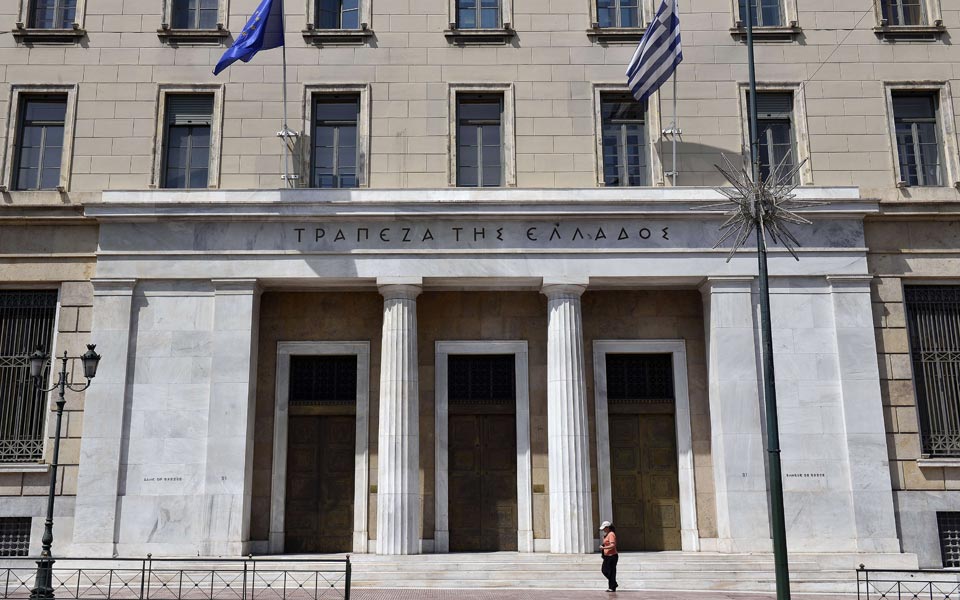BoG plan for deferred tax assets to ease NPEs

In a proposal by the Bank of Greece that it has processed and is expected to publish in its Report on the Stability of the Credit System on November 22, the country’s central bank recommends the utilization of deferred tax assets for the reduction of local banks’ nonperforming loans.
According to a Bloomberg report, the BoG proposal provides for the transfer from Greek lenders of up to half of their tax requirements into a special purpose vehicle (SPV). The SPV will then issue bonds and use the proceeds to buy out nonperforming exposures (NPEs) amounting to some 42 billion euros from domestic banks.
That way, along with reducing their NPEs, which currently add up to about 88 billion euros, Greek lenders will increase their Tier I capital, which will be of better quality.
Bloomberg reported on Tuesday that government officials described the proposal as “interesting,” but observed that there were several obstacles toward its application. Equally important, the news agency noted, is whether there will be the necessary investor interest in those bonds, which remains unclear.
From the banks’ side the proposal is also seen as interesting, although there are reservations about the technical aspects of its implementation. Eurobank chief executive officer Fokion Karavias argued that “there is not a single solution for the problems of the nonperforming loans. Every solution may constitute another tool for banks and if successful it will be to the benefit of the credit system.”
Deferred tax assets amount to 16.2 billion euros from a basic capital sum of 27 billion. Although their rate varies from bank to bank, across the four systemic lenders they account for 60 percent of the capital of Alpha, Eurobank, National and Piraeus, and were created to offset the losses Greek banks suffered from the restructuring of the Greek debt after the outbreak of the financial crisis.
The BoG plan is different from that of the Hellenic Financial Stability Fund, which provided for an SPV partly financed by state funds, as the central bank has indicated reservations about that idea.





